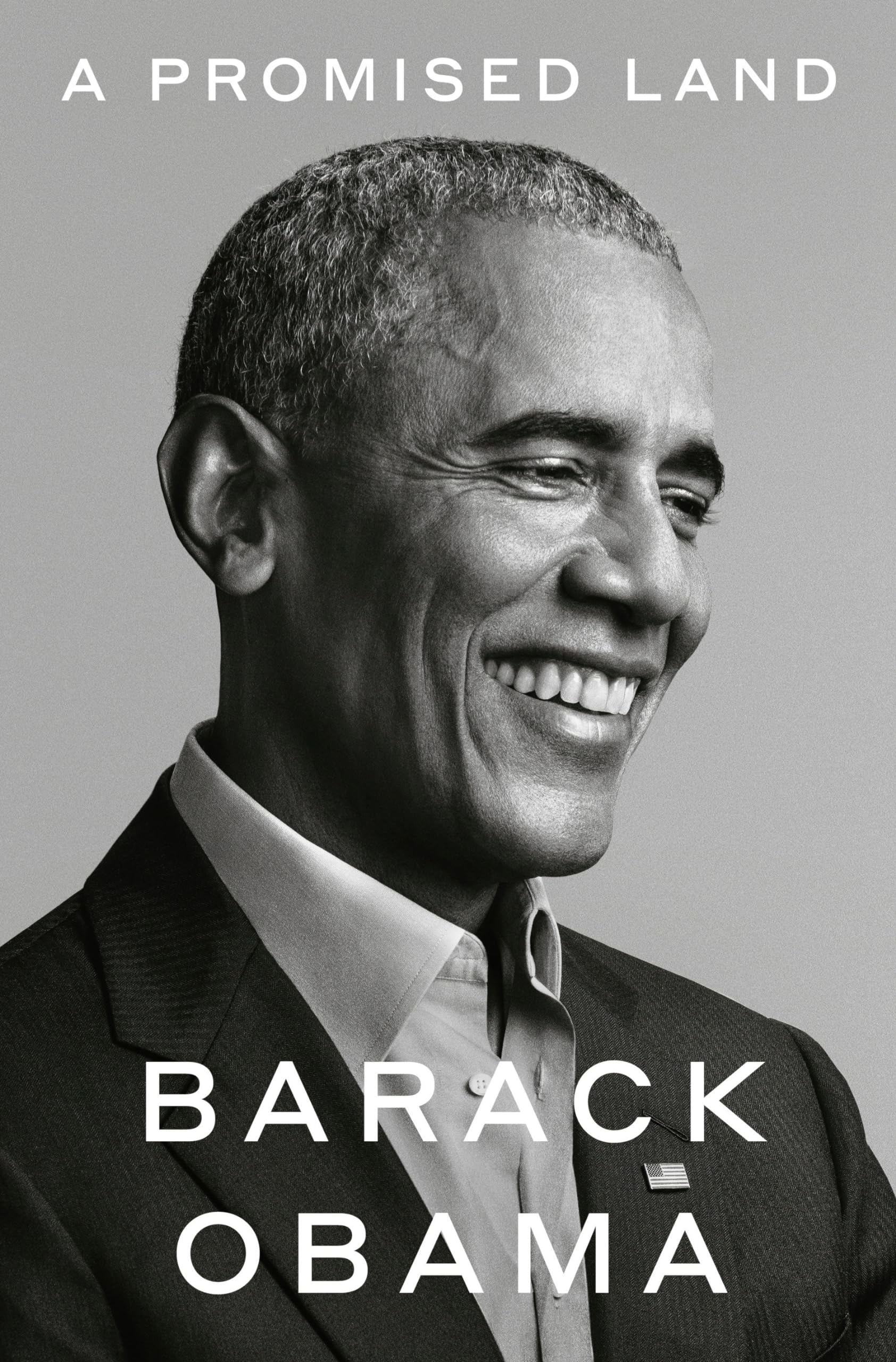CHAPTER 18: Military Leadership and Foreign Policy in Wartime
byChapter 18 explores the author’s journey toward mastering his role as commander in chief, particularly in the realm of foreign policy, national security, and military strategy. The chapter opens with an introspection on the learning curve involved in handling the enormous responsibilities of national defense. One of the most striking aspects of this journey is the daily Presidential Daily Briefing (PDB), a sobering report filled with intelligence on global threats, military operations, and classified updates from intelligence agencies. Over time, the author becomes more adept at navigating the complexities of these briefings, learning how to distinguish urgent threats from strategic concerns and how to make high-stakes decisions with far-reaching consequences.
As part of his growing involvement in military affairs, the author describes his interactions with high-ranking military officials and defense strategists, including generals, intelligence officers, and security advisors. These relationships shape his understanding of warfare and geopolitics, offering him firsthand insight into the human cost of military operations. One of the most emotionally challenging duties he recounts is the signing of condolence letters for families of fallen service members, a grim reminder of the real and personal impact of every military decision made in the Situation Room. The act of personally acknowledging each loss reinforces the weight of presidential leadership in wartime, emphasizing the reality that every order carries irreversible consequences for soldiers and their loved ones.
The narrative delves into the working relationship between the author and Secretary of Defense Bob Gates, a seasoned and pragmatic figure in military affairs. Despite their different political ideologies and occasional disagreements on military strategy, they share a deep respect for the armed forces and a commitment to national security. Gates, having served under multiple administrations, provides a continuity of experience and a measured approach to defense policy, which proves invaluable in shaping critical decisions. Their professional relationship underscores the necessity of bipartisan cooperation in matters of war, where political affiliations must be secondary to strategic and ethical considerations.
A significant portion of the chapter is dedicated to the ongoing wars in Iraq and Afghanistan, providing a behind-the-scenes look at the decision-making process that led to the Afghanistan troop surge. The author details the numerous consultations held with military advisors, including Generals Stanley McChrystal and David Petraeus, both of whom present their assessments of the deteriorating situation on the ground. These discussions reveal the tension between military strategy and political constraints, as various factions within the administration debate the long-term viability of increased military engagement. While some argue that a temporary surge could stabilize key regions, others warn that a prolonged presence might lead to further entrenchment in an unwinnable conflict. The final decision reflects a calculated compromise, weighing military necessity against political realities.
Another pivotal moment in the chapter is the author’s unexpected reception of the Nobel Peace Prize, which arrives at a time when American troops are actively engaged in military conflicts. The irony of receiving such an honor while leading a nation at war is not lost on the author, prompting deep reflection on the paradoxes of war and peace. He grapples with the moral implications of military intervention, acknowledging the inherent contradiction between the pursuit of global stability and the use of force. The award serves as a moment of introspection, forcing him to reaffirm his long-term vision for foreign policy—one that prioritizes diplomacy, conflict resolution, and international cooperation while recognizing the unavoidable necessity of military action in certain circumstances.
Beyond foreign policy, the chapter also touches on the broader challenges of presidential leadership during wartime, particularly the difficulty of maintaining public confidence in an era of political polarization. The author describes the pressure from both political opponents and allies, who often demand quick and definitive actions in an arena where such choices are rarely simple. Every military engagement carries risks—not just for troops on the ground, but also for America’s global standing, diplomatic relations, and long-term security interests. Balancing these concerns requires a strategic mindset, patience, and a willingness to adapt to an ever-changing geopolitical landscape.
The chapter closes with a reflection on the burdens of leadership and the lasting impact of decisions made in the pursuit of national security. The author acknowledges that no course of action is without consequences, and that presidential leadership demands both pragmatism and moral clarity. He recognizes that every choice carries an ethical dimension, as each military decision influences not only the outcome of conflicts but also the perception of the United States on the global stage.
Ultimately, Chapter 18 provides an insightful exploration of the complexities of military leadership, foreign policy, and the ethical dilemmas faced by a wartime president. It offers an intimate look at the decision-making process behind national security policies, while also examining the emotional weight of commanding military forces and making choices that impact countless lives. This chapter serves as a testament to the delicate balance of power, responsibility, and the pursuit of peace in an uncertain world.

